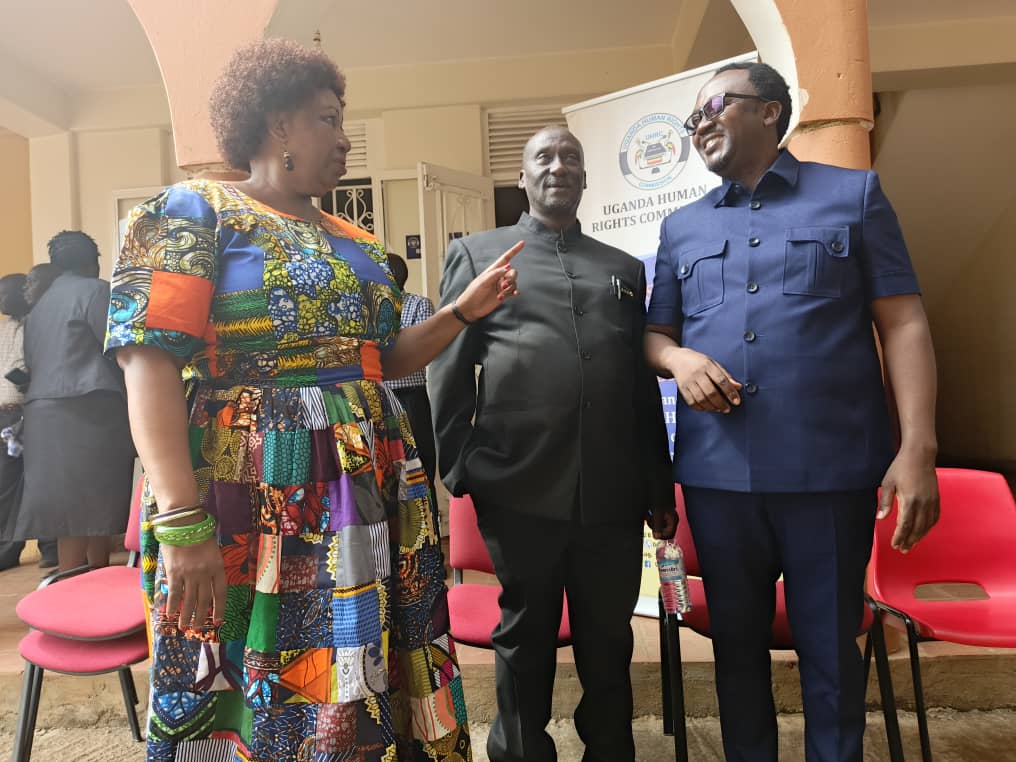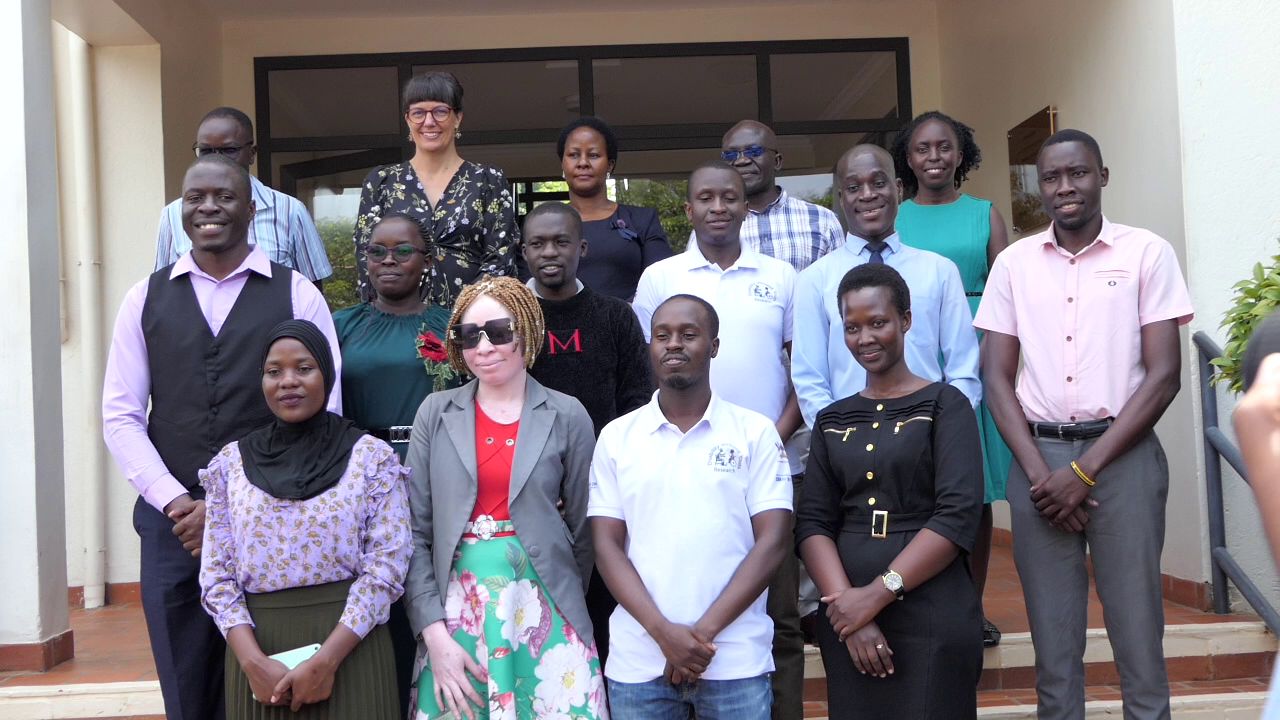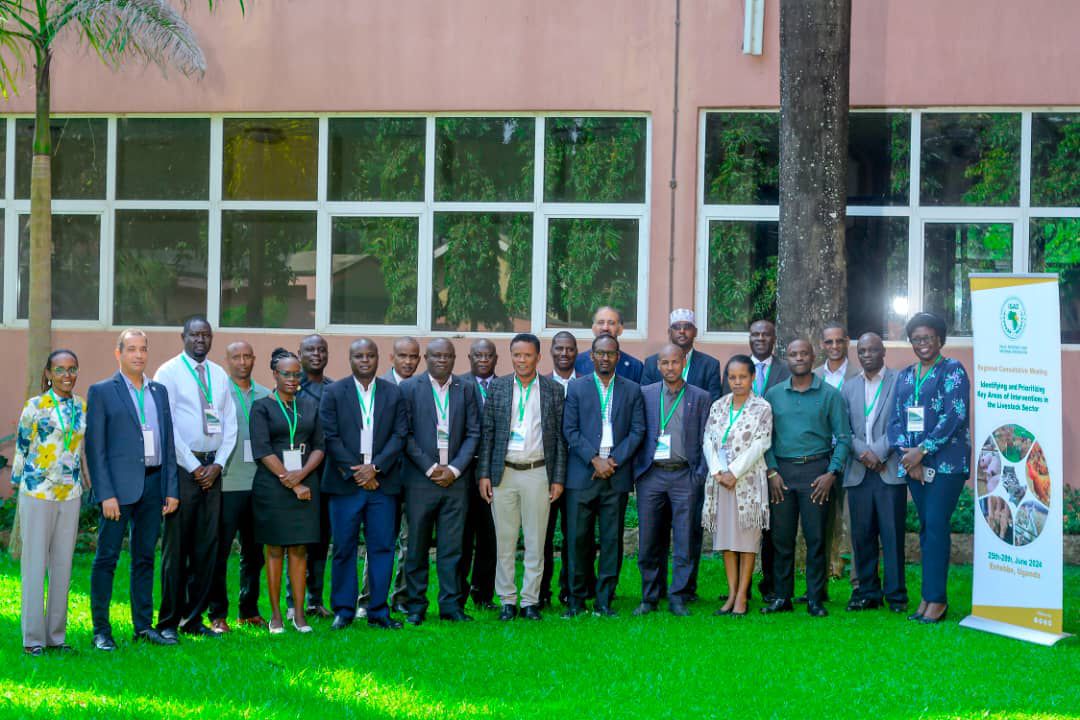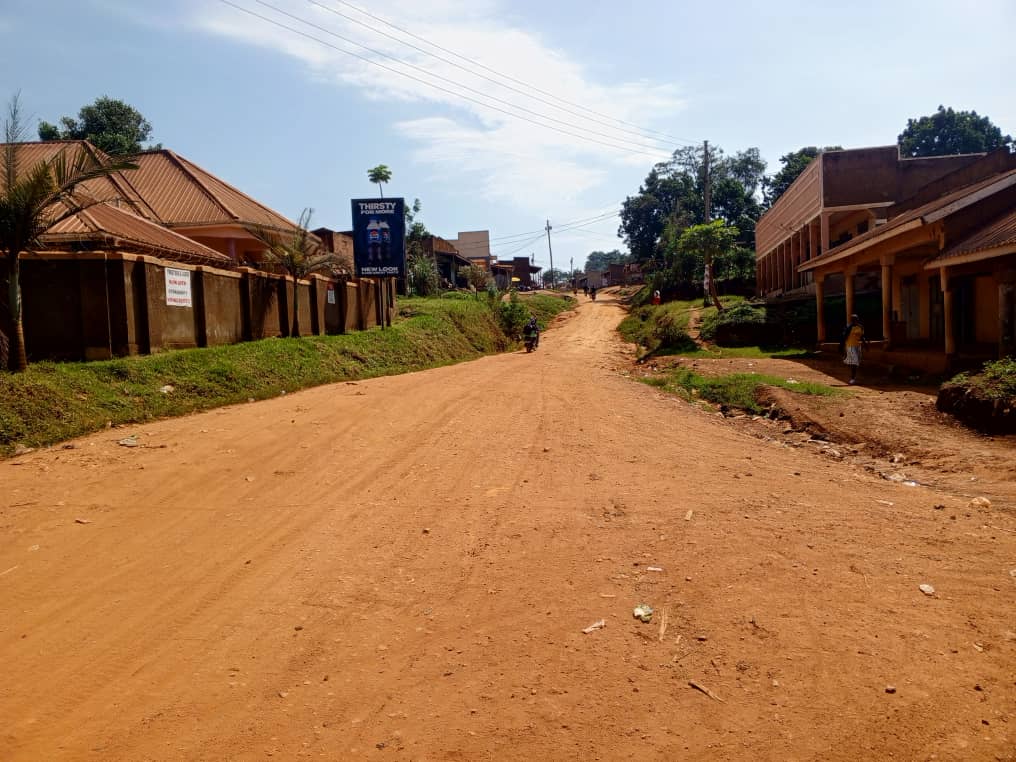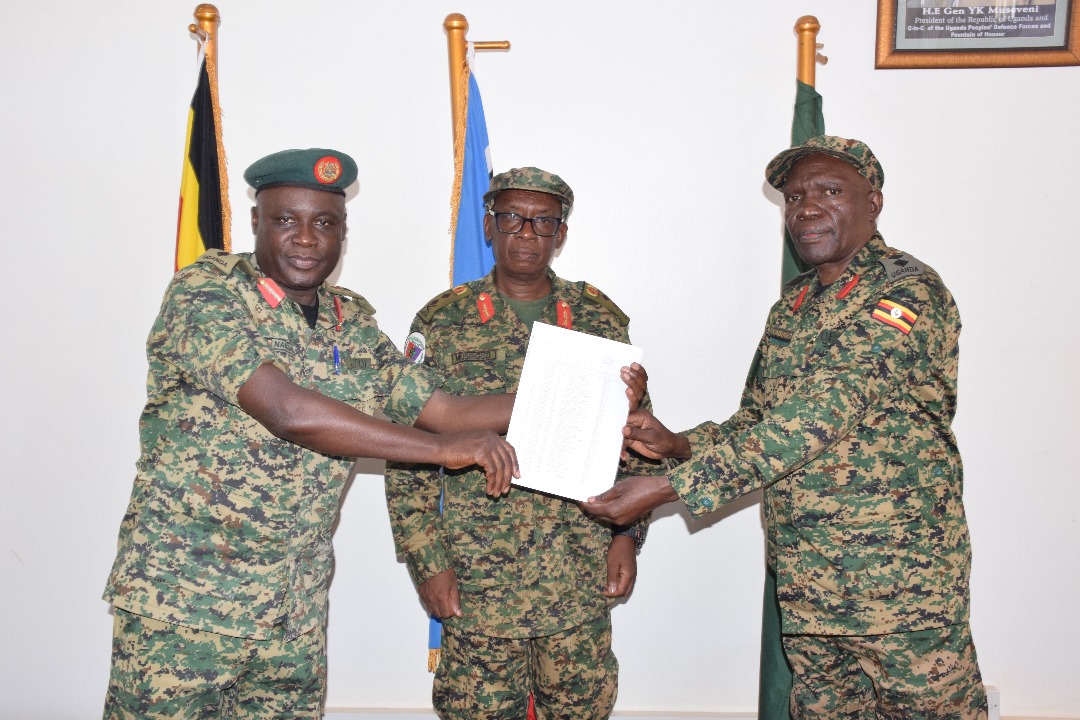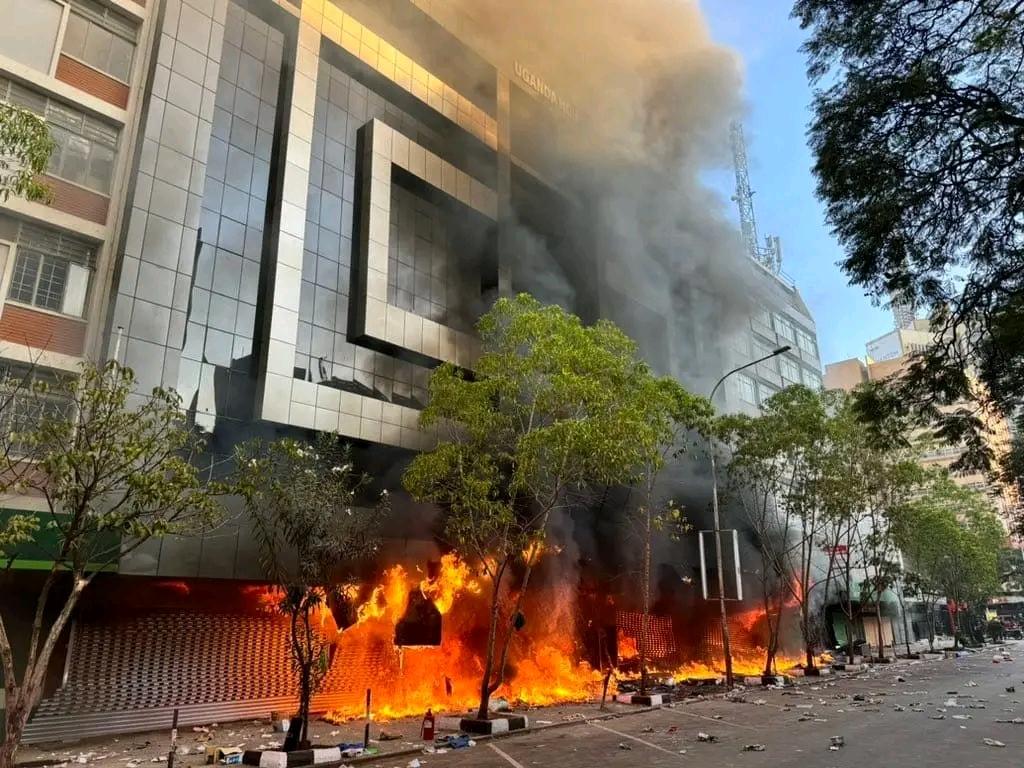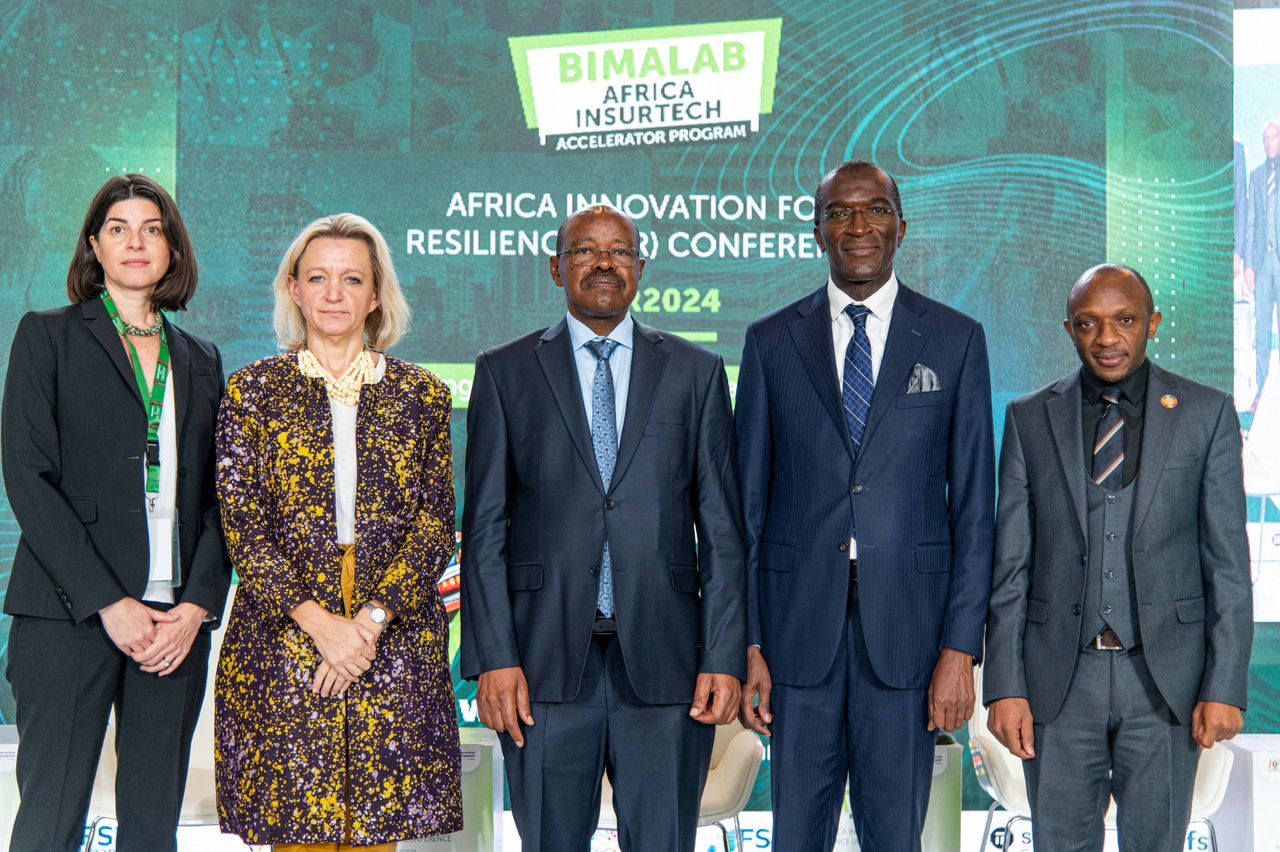Judicial officers urged to prioritize climate justice
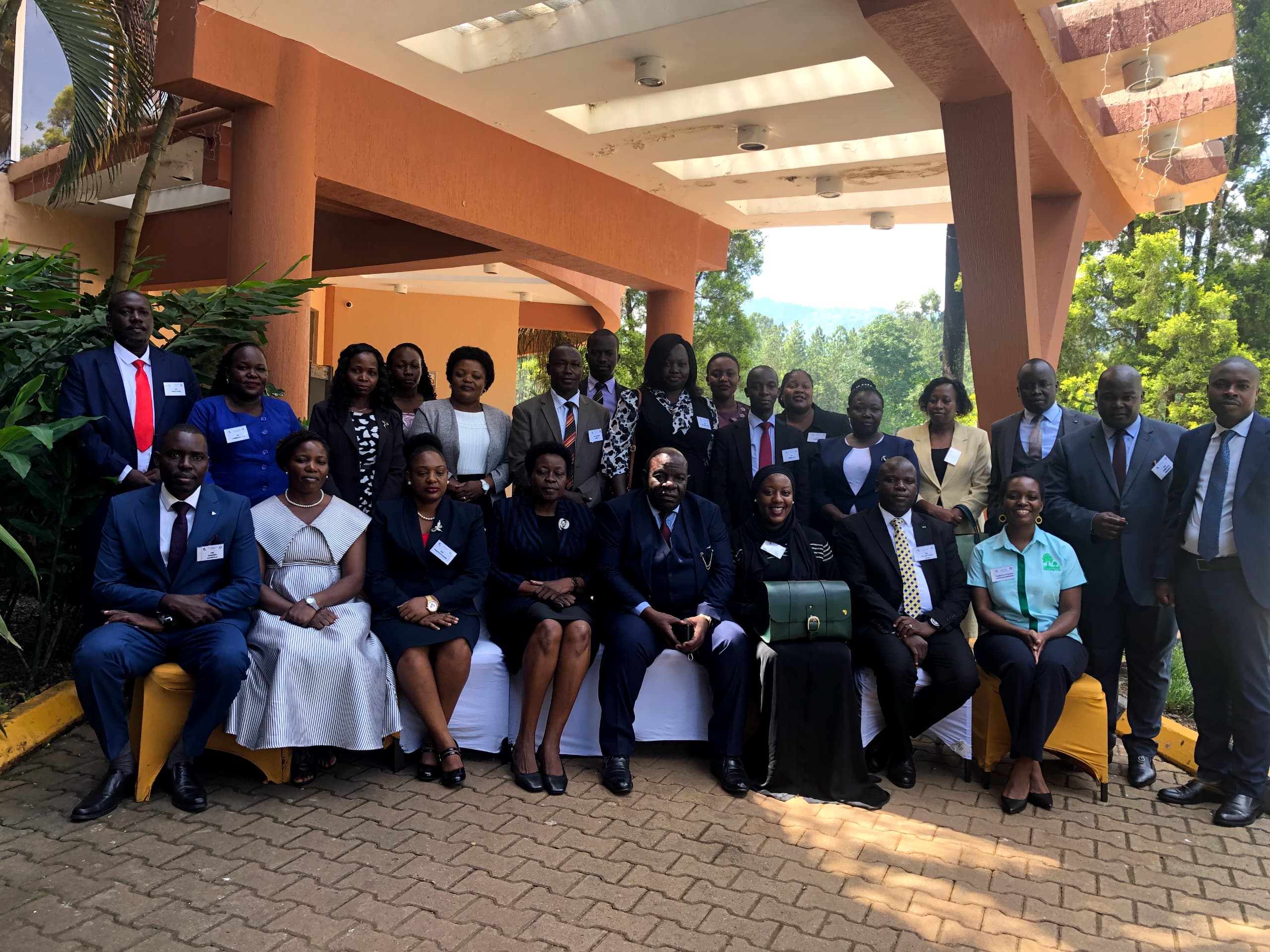
During the 6th judicial training on climate change held in Mbale, judicial officers from across Eastern Uganda, particularly judges and magistrates voiced their frustration regarding environmental governance.
The training, organized by the Judicial Training Institute in collaboration with Green Watch, aimed to highlight the crucial role of the judiciary in enforcing environmental legislation and protecting climate rights.
Keep Reading
Dr. Peter Mutesasira, a prominent figure in climate law, stressed the effect of climate on fundamental human rights such as life, food, and property.
He highlighted the likelihood of disputes arising from non-compliance, lack of enforcement, or governmental organs failing to protect the environment, all of which may end up in court.
The law don underscored the significant role that falls upon the government in environmental conservation.
He emphasized the importance of upholding this caretaker mandate responsibly, ensuring the protection of natural resources rather than their exploitation.
He reiterated the expectation for the government to act as custodians of Uganda's mountains, wetlands, rivers, and forests, emphasizing their ownership by the people and the necessity of preserving them for future generations.
He also emphasized the scientific nature of environmental issues and the potential detrimental effects of political interference, particularly in sensitive ecosystems.
Despite their commitment to uphold climate justice, the judicial officers expressed dismay over the ineffective enforcement and disregard of court decisions related to environmental protection.
However, the judicial officers voiced their frustration regarding the ineffective enforcement and disregard of court decisions related to environmental protection.
Mbale Resident Judge Godfrey Namundi expressed disappointment over the encroachment of a wetland in Kampala, which he had previously ruled to protect.
He said despite his ruling, the wetland was reclaimed, with buildings now standing in its place.
"I stopped someone from reclaiming it, but when I pass there these days, the murram is piled up and there are buildings there," Namundi said.
The judge further highlighted a scenario where government declined to honor a consent judgment on the repossession of a degazetted portion of Mount Elgon National Park.
Additionally, judicial officers highlighted the complexity of disputes between communities and the National Environment Authority (NEMA) over land ownership along natural water bodies such as swamps, rivers, and lakes.
While NEMA claims ownership of land within 10 meters of these water bodies, communities argue that they have customarily owned these areas for generations.
Iganga Magistrate Daniel Epobu recounted a case where a litigant sued another for selling him land along the lake shore, only for the land to be engulfed by the lake later on.
Despite seeking a refund, the seller maintained that he was not at fault for the land being reclaimed by the lake.
"I sold to him an acre, the land is there, but it is in the lake. I can prove that previously there was no water here," Epobu recalled the proceedings of the case.
NEMA came under criticism for issuing permits to encroach on the wetlands and river mining. Its perceived failure to effectively address environmental protection and enforcement.
The judicial officers emphasized the urgent need for increased sensitization and enforcement efforts by NEMA to address these issues effectively.
Eunice Asinguza, NEMA's legal and corporate affairs manager, acknowledged the challenges faced by the authority and assured the judicial officers of renewed efforts to combat environmental degradation including halting the issuance of permits in wetlands.
However, she also highlighted NEMA's constraints, including limited manpower, funding, and weak systems, which hinder its ability to fulfill its mandate effectively.
Asinguza appealed to judiciary to admit cases of disaster including the Bududa subregion.
Mutesasira urged judicial officers to be well-versed in environmental law, ensuring they understand the complex interplay between economic development and environmental protection.
This understanding is vital for making informed decisions that uphold both the law and the long-term health of the environment.



